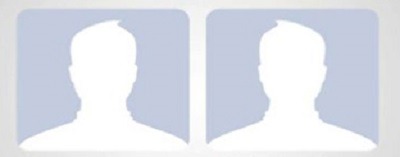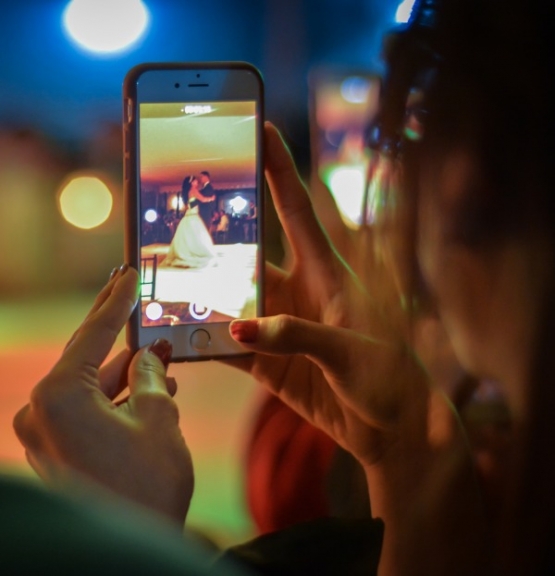Work FOMO

FOMO is the acronym for Fear of Missing Out which is defined as "a pervasive apprehension that others might be having rewarding experiences from which one is absent."
Another characteristic of this form of social anxiety is that a person compensates with a desire to stay continually connected with what others are doing.
Of course, we associate this social anxiety with social media but, though the acronym is new, the fear of missing out on things has surely been an issue since ancient times. People of the past were lucky - or unlucky, depending on your point of view - because they didn't have social media. Today we are much more aware of what others are doing.
I have written here about people I call "The Disconnected" but today I'm writing about people who are too connected. And yet, there is overlap in those two groups because the connections that "The Disconnected" often still maintain are social networks.
Some people call the younger generations (Millennials and Gen Z) generations that are "always on," as in always online and always on their devices.
We associate much of this activity with "social" usage such as activity on Facebook and Instagram and updates on where we are, what we are doing and who is with us. Lately, I am seeing more attention paid to the "always on" aspects of work life.
Part of that work condition comes from what I will call "Work FOMO." This is when we see people checking their phones, and reading work texts and email long after they have left the workplace. When does the work day end? Perhaps never. And that isn't healthy mentally or physically, and it might not be even helping their career.
You have seen those studies that show that social media can reduce young adults’ sense of well-being and satisfaction with their life. How does checking work messages all day and night affect your well being and satisfaction with your job? Does this increase our fear that our fellow employees are doing things and connecting with others and getting ahead of us in the workplace?
Both social and Work FOMO research probably suffers from correlation and causation issues. Does being on social media make you feel less happy, or do unhappy people spend more time using social media? Does Work FOMO cause you to keep checking in, or does checking in just increase your fear that you're missing out on that important message?
It is popular to post advice on how to overcome FOMO. (Here's one from psychologytoday.com.) The advice sounds reasonable but not always easy to follow. Are you "willing to not have it all?" Can you accept that your needs are limited, but your desires are endless?
There is one piece of advice that sounds reasonable and doable. Focus on one thing at a time. A decade a or two ago, "multitasking" was the thing to do. Then, we started to get research in the late 1990s that showed that we are not good at multitasking. Subjects exhibited severe interference when asked to perform even very simple tasks simultaneously. The human brain really can only respond successfully to one action request at a time. If you have a fear of missing out on something important at work, maybe you should turn your attention away from the screen.

